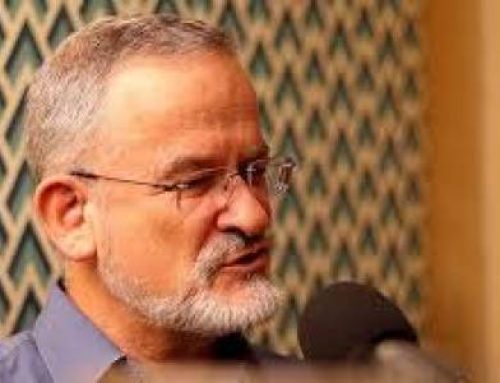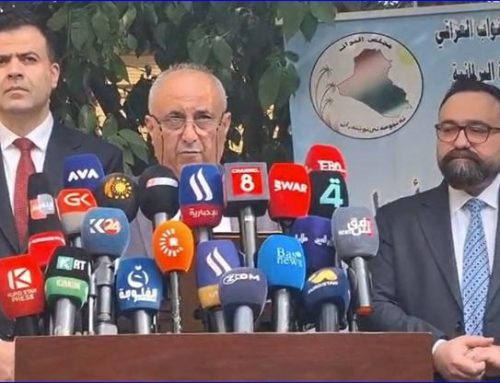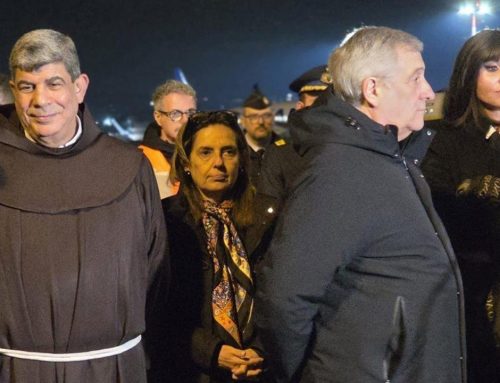Mr. Rateb Rabie, president of the Holy Land Christian Ecumenical Foundation (HCEF), has announced the issuance of a new publication titled, “What Jerusalem Means to Us: Muslim Perspectives and Reflections”.
This book saw the light following a partnership between the HCEF in the United States and the Royal Institute of Inter-Faith Studies (RIIFS) in the Hashemite Kingdom of Jordan.
The book contains twelve essays by Muslim scholars who share their knowledge, experience, and viewpoints about the historical, religious, cultural, and personal significance of the Holy City.
In the book’s foreword, His Royal Highness Prince El Hassan expresses endorsement of the book’s underlying vision and insight. He says, “Jerusalem has always maintained its plural significance in all three religions. Thus, Jerusalem cannot be politicized because it is not just a piece of land on the map. To identify with Jerusalem, religion followers such as Jews, Christians, and Muslims need to acquire an attitude of love and peace, not political power, and must work on preserving its excellence, by keeping it forever plural multifold significance.”
He adds, “Mutual respect and peaceful coexistence are essential prerequisites for a lasting peace. The status quo is simply untenable, Jerusalem is a shared gift, not the sole property of one government or one people.”
This book is part of a series of two books whose premise is that Jerusalem belongs not solely to one specific group, but rather to people of all ethnicities, and nationalities. The title of the second book is, “What Jerusalem means to us: Christian Perspectives and Reflections.”
Actually, what has been challenging in recent years is the lack of empathy and understanding on the part of some who advocate for an exclusive ethnically-based control of the city as evidenced by Israel’s policy to judaize the city, and thus negatively impact the lives and livelihoods of Palestinians in East Jerusalem and beyond. The challenge has also come from uncritical and proactive support of Israel in the United States and elsewhere. This biased support not only ignores the history of the region, international law, and the complexity of the facts on the ground, but also disrupts the very character and the future peace of the city.
The book, consisting of 181 pages, serves to spread awareness and educate others about Jerusalem in its capacity as a shared gift for humanity and for being a truly central to the three monotheistic faith traditions of Judaism, Christianity and Islam as well as a key for justice, peace, and reconciliation in the entire world.
By:Munir Bayouk
Source: en.abouna.org






